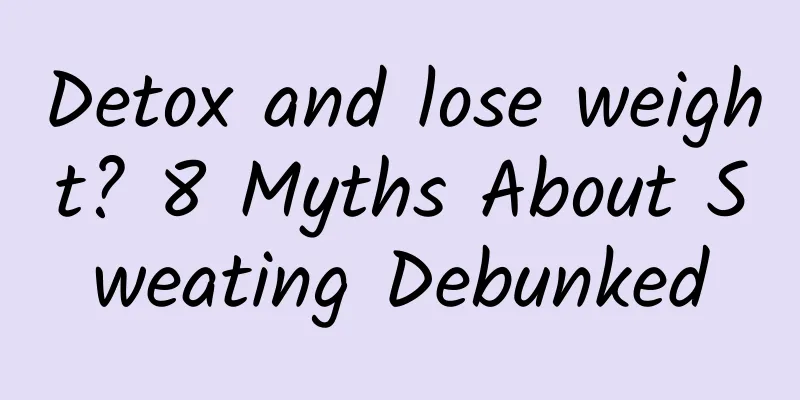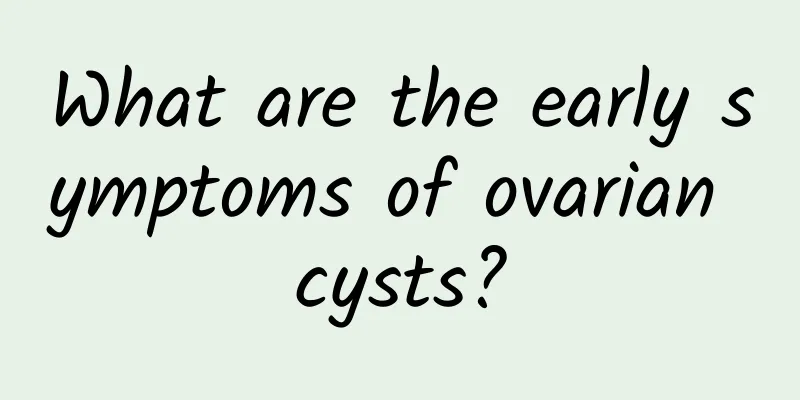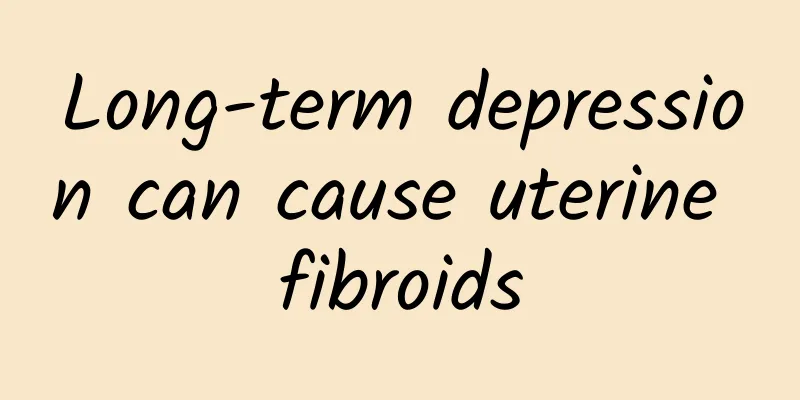Detox and lose weight? 8 Myths About Sweating Debunked

|
The subsequent effects of sweating are a matter of opinion. There is a group of girls who shy away from the idea of sweating during exercise, for reasons such as, "Sweat stinks, so I don't exercise!", "Sweating gives me acne!"; while there is another group of girls who enjoy sweating, thinking, "Sweating can help me lose weight, so I have to exercise like crazy!" or "Sweating can eliminate toxins from the body!" and other similar issues. In fact, we often don’t know what the benefits of sweating are and what are our wrong myths. Here are 8 misconceptions about sweating to help you solve them one by one: Myth 1: Does sweat itself stink? Truth: Sweat itself has no odor. Any smell is actually caused by bacteria that live on our bodies - they break down proteins and lipids from the moist sweat glands, starting from your armpits and gradually growing. Myth 2: Sweat causes yellow stains? Fact: "Sweat is clean," says Jeannette Graf, MD, a clinical professor of dermatology in New York City. "But when it combines with bacteria and human fat, it creates yellow stains on fabrics." Many fabrics don't stand up to discoloration, but black clothing can cleverly hide these stains. Myth 3: Sweating can eliminate toxins? Truth: Toxins in the body are usually eliminated through the kidneys and then through urine. If you feel that staying in the sauna and steam bath can relax you, then continue to "roast"! Just remember that what is excreted is only water, salt, protein and non-toxic urea. Myth 4: Sweating helps you lose weight? Truth: Every drop of sweat you shed is the weight of water. "The next time you drink a glass of water, you'll gain the weight back," said David M. Pariser, professor of clinical dermatology. Myth 5: Antiperspirants are harmful to your health? The truth: Remember when people said the aluminum in antiperspirants was bad for your health? "Many studies have proven otherwise, and we believe antiperspirants are safe," says Ranella Hirsch, a dermatologist in Boston. Myth 6: The more you sweat, the more exercise you do? The truth: A lot of exercise can make you sweat a lot, but the room temperature, your clothing and physical condition are all factors. "You can continue to do the same exercises you were doing before, and if you have a nice torso, you may sweat less," says dermatologist Dee Anna Glaser. Your heart rate and calories burned are the best evidence of your efforts. Myth 7: Is it unsafe to wear antiperspirant in the gym? The truth: Antiperspirants are harmless, as we mentioned in point 5, and we can even use a little. Even if you put a little antiperspirant under your arms to stop the sweat, your body will still expel heat from other places. Wearing sweat-wicking sportswear can prevent sweat from sticking to the body and evaporating. Myth 8: Does sweating cause you to break out? The truth: Acne usually occurs when the sebaceous glands are blocked, not because of sweat. The only exception is acne on the back. If you wear a wet sports bra for too long, bacteria will sneak into the sebaceous glands and cause acne. ♥Tired of Tabata, Jung Da Yeon, and jogging? Try these five new exercises! ♥Six principles of French women’s fragrance: “A woman who doesn’t use perfume has no future.” ♥Are you stressed? Quickly learn the life stress relief methods that modern people must know ※For more exciting reports, please visit the VOGUE website. ※This article is authorized by VOGUE magazine and is prohibited from being reproduced without permission. |
<<: Deliberately eating "cold rice"! New way to eat rice for weight loss
>>: The calories of pineapple cakes, a New Year's snack, are close to those of white rice
Recommend
What are the examination items for female cervical erosion? There are three major examination items for female cervical erosion.
Cervical erosion is a common manifestation of chr...
What is the cause of infertility caused by cervical erosion?
Cervical erosion is a terrible gynecological dise...
Fat to the point of killing! British girl loses 119 kg
Georgia Davis, who was dubbed "the fattest g...
The timing of pregnancy after uterine fibroid removal
Women with uterine fibroids do not need to be too...
Which is the most reliable method for diagnosing cervical warts?
The sudden onset of cervical warts makes people f...
Difference between hyperprolactinemia and macroprolactinemia
Hyperprolactinemia is the most common pituitary d...
Can Irregular Menstruation Be Treated with Chinese Medicine? It is best to take it under the guidance of a doctor.
Irregular menstruation is a problem that many wom...
After eating and sleeping, you can also lose weight with the DIY pork neck steak dinner, which will give you a full feeling of fullness.
Did you follow the recipes for breakfast, lunch, ...
How to prevent abortion syndrome?
The occurrence of abortion syndrome is the result...
What are the common causes of recurrence of pelvic inflammatory disease?
What are the common causes of pelvic inflammatory...
Can drinking beer with edamame speed up the metabolism of alcohol and help sober you up? Professor Wang Jinkun: Preventing drunkenness and curing hangovers are very different
When the weather is hot, some people like to have...
Can I take vitamin C for vulvar leukoplakia?
Vitamin C is not recommended for vulvar leukoplak...
What are the main symptoms of cervicitis in women
The main symptoms of cervicitis include increased...
Can chronic cervicitis cause infertility in women? Is immunotherapy for chronic cervicitis reliable?
As a common gynecological disease, chronic cervic...
Never run a marathon on an empty stomach! It is best to eat this breakfast 2 hours before running
It is the season when a lot of road running event...









